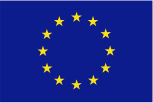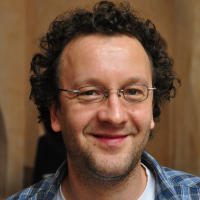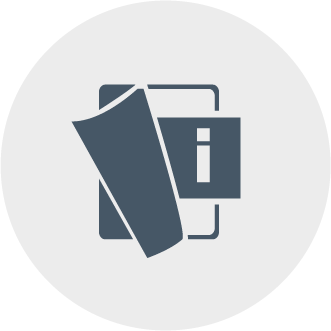
Civil society in EU accession countries
Guide to advocacy
Q & A


Ana
Colovic
IPA process programming
I am interested to learn how the programming process for IPA in Western Balkan countries (2014-2020) should be carried out- are there public participation principles that must be followed, apart from national legislation? How much influence in the process can the European Commission have?
Hello Ana,
thank you very much for your question- a crucial one!
Currently the progress on programming in the Western-Balkans is quite mixed. Macedonia is well advanced, though consultations on the (sectoral) programmes didn’t start yet in Albania, Bosnia and Herzegovina and Serbia.
On one hand this is a delay in the process, as we are well in to the financing 2014 -2020 period. On the other hand this is still an opportunity for civil society to get involved into the programming, contributing to shift countries towards sustainable development:
The IPA II regulation (the relevant EU law) stipulates that the preparation, implementation and monitoring of IPA should happen in partnership with civil society organisations.
The European Code of Conduct on Partnership lays down main principles and requirements for partnership, e.g. access to information, consultation timelines etc. … Refer to it when you talk to your decion makers! And the Commission has a close eye on how the partnership is carried out. So aim to include the Commission in your attempt to get involved in the programming … you might come accross a strong ally.
Best,
Markus
1.10.2014
What is IPA?
from our
experts!






